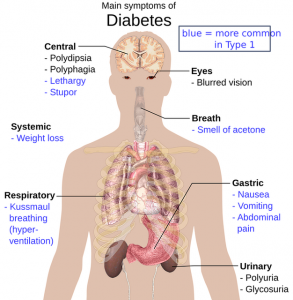
A randomized controlled study carried out at the University of Guadalajara, Mexico, showed that daily adjunctive treatment with 400 milligrams of Coenzyme Q10 for six months significantly reduced the extent of lipid peroxidation in patients diagnosed with non-proliferative diabetic retinopathy.
Patients with diabetic retinopathy who took 400 milligrams of Coenzyme Q10 (ubiquinone form) daily had significantly reduced levels of lipid peroxidation products in their blood at the end of a six-month study, compared to baseline levels [Rodriguez-Carrizalez 2016].
Diabetic retinopathy is an eye disease caused by high blood sugar levels resulting in damage to the blood vessels in the retina. The blood vessels can swell and leak, or they can close off and stop the blood from flowing.
Why is Coenzyme Q10 important?
Firstly, hyperglycemia – high blood sugar – induces the excess production of harmful free radicals and impairs the endogenous antioxidant defense system.
- The harmful free radicals – reactive oxygen species – cause lipid peroxidation, which results in irreversible adverse changes in cell membranes.
- Lipid peroxidation disrupts both enzymatic and non-enzymatic antioxidant defense mechanisms [Rodriguez-Carrizalez 2016].
- Patients with diabetes commonly have significantly increased levels of known bio-markers of lipid peroxidation such as malondialdehyde (MDA) and 4-hydroxy-alkenals (HNE).
Secondly, there is a known relationship between increased products of lipid peroxidation and the increasing severity of diabetic retinopathy.
- The constant exposure to photo-chemical reactions makes retinal cells very sensitive to oxidative damage.
- The polyunsaturated fatty acids in the retinal cell membranes are adversely affected by lipid peroxidation [Rodriguez-Carrizalez 2016].
Coenzyme Q10 and diabetic retinopathy and oxidative stress
In diabetic retinopathy, there is a serious imbalance between oxidants and antioxidants.
Six months of daily adjunctive treatment of diabetes patients with 400 milligrams of Coenzyme Q10 corrected the imbalance and significantly reduced the extent of the oxidative stress [Rodriguez-Carrizalez 2016].
Coenzyme Q10 significantly suppresses the activity of harmful free radicals (reactive oxygen species).
Note: Oxidative stress is the bio-medical term for an imbalance between pro-oxidants and antioxidants in the body. Oxidative stress causes damage to cells and cell membranes, lipids, proteins, and DNA.
- High glucose levels stimulate the generation of reactive oxygen species (ROS) and the production of reactive nitrogen species.
- The body’s immune defense system is unable to counteract the increased generation of free radicals.
- The imbalance between pro-oxidant free radicals and protective antioxidants increases, and oxidative damage occurs.
- In diabetes, chronic high blood sugar leads to cellular injury caused by oxidative stress.
Coenzyme Q10 supplements and antioxidant defense
Coenzyme Q10 is a fat-soluble antioxidant that neutralizes harmful free radicals. The role of Coenzyme Q10 as an antioxidant is even more important if, as in the case of extensive lipid peroxidation, the protective action of the enzymatic antioxidants superoxide dismutase, glutathione peroxidase, and catalase is impaired.
Coenzyme Q10 nutritional supplement in the form of ubiquinone
In this study, the nutritional supplement Coenzyme Q10 was given in its well-documented oxidized form, ubiquinone. Dr. William Judy, founder and president of the SIBR Research Institute, has explained how the ubiquinone form, once ingested and absorbed, is converted to the reduced form, ubiquinol, which has antioxidant properties in the blood [Judy 2007].
Coenzyme Q10 supplement safe and effective
The researchers reported that the six-month adjunctive treatment with 400 milligrams of Coenzyme Q10 daily was both safe and effective at improving the body’s antioxidant defense.
Oral administration of the Coenzyme Q10 supplement improved significantly the imbalance between oxidants and antioxidants that existed at the beginning of the study [Rodriguez-Carrizalez 2016].
Likewise, the six-month Coenzyme Q10 adjunctive treatment significantly reduced the serum nitric oxide levels, which were significantly elevated in the diabetes patients at baseline compared to normal control participants’ nitric oxide levels [Rodriguez-Carrizalez 2016].
Coenzyme Q10 as adjunctive treatment
In this Guadalajara study, the nutritional supplement Coenzyme Q10 has been used as an adjunctive treatment to conventional therapy for diabetic retinopathy in the same way that Dr. Mortensen used Coenzyme Q10 as an adjunctive treatment to conventional therapy for chronic heart failure in the Q-Symbio study [Mortensen 2014].
Sources
Judy, W. V., Stogsdill, W. W., Judy, D. S., & Judy, J. S. (2007). Coenzyme Q10: Facts or Fabrications? Natural Products Insider. Retrieved from http://www.zmc-usa.com/docs/CoQ10_Facts_or_Fabrications.pdf.
Mortensen, S. A., Rosenfeldt, F., Kumar, A., Dolliner, P., Filipiak, K. J., Pella, D., & Littarru, G. P. (2014). The effect of coenzyme Q10 on morbidity and mortality in chronic heart failure: results from Q-SYMBIO: a randomized double-blind trial. JACC. Heart Failure, 2(6), 641-649.
Rodríguez-Carrizalez, A. D., Castellanos-González, J. A., Martínez-Romero, E. C., Miller-Arrevillaga, G., Pacheco-Moisés, F. P., Román-Pintos, L. M., & Miranda-Díaz, A. G. (2016). The effect of ubiquinone and combined antioxidant therapy on oxidative stress markers in non-proliferative diabetic retinopathy: A phase IIa, randomized, double-blind, and placebo-controlled study. Redox Report: Communications in Free Radical Research, 21(4), 155-163. doi:10.1179/1351000215Y.0000000040
Disclaimer: The information presented in this review article is not intended as medical advice and should not be regarded as such.


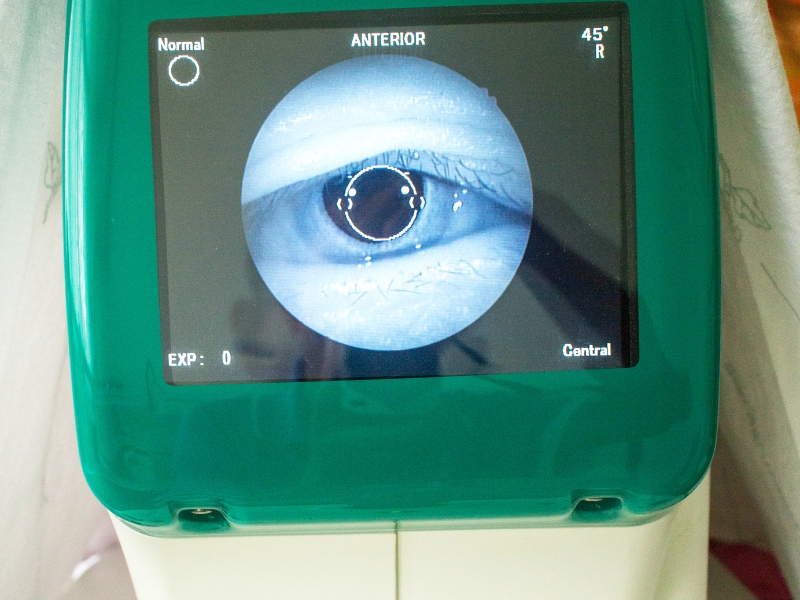
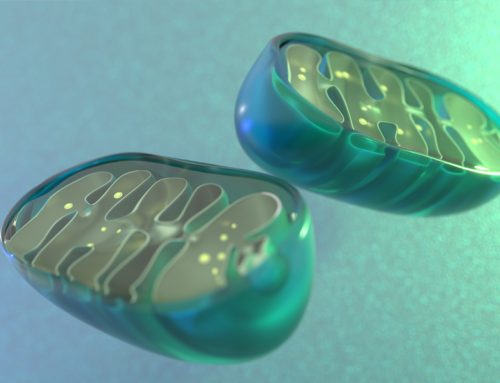
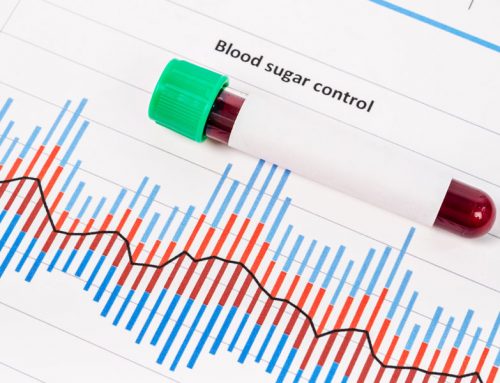
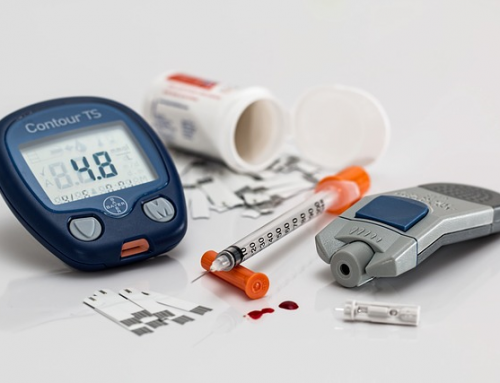
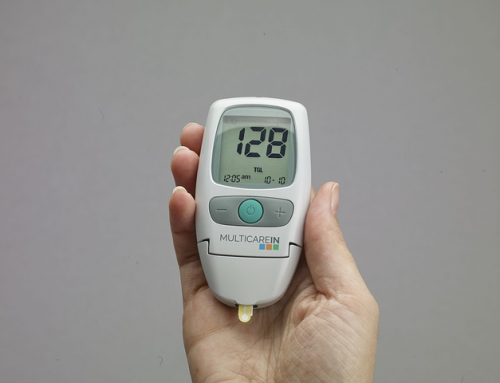


Leave A Comment